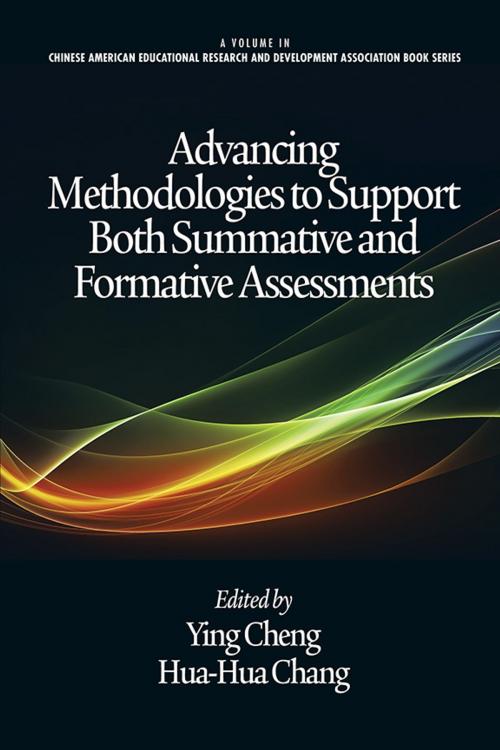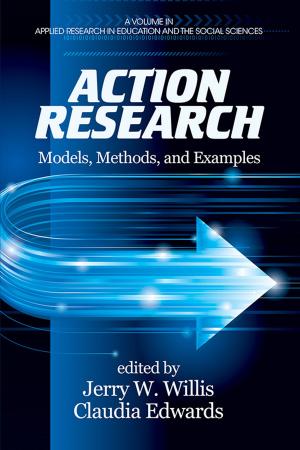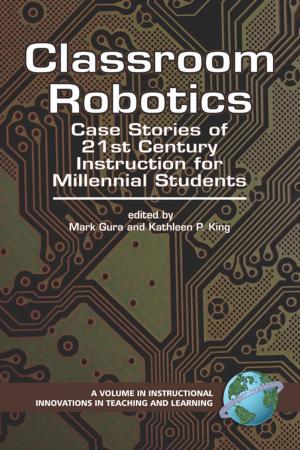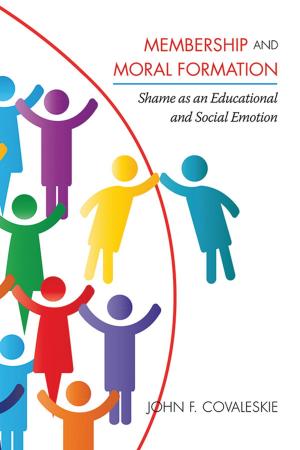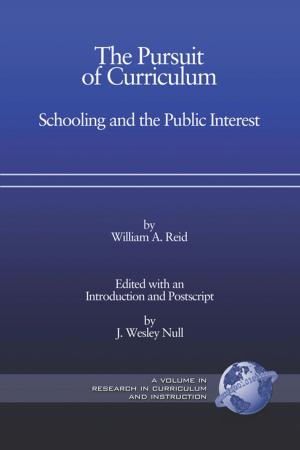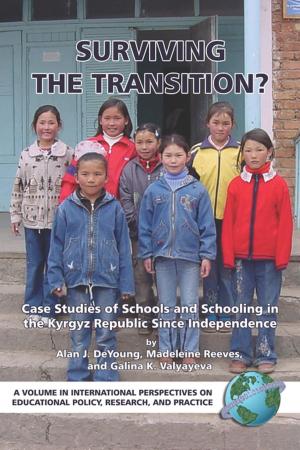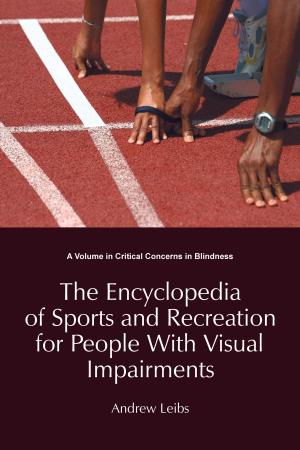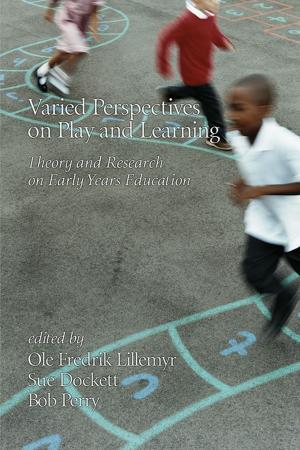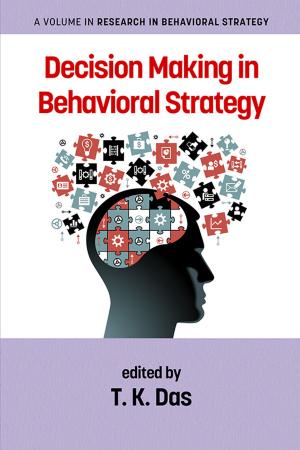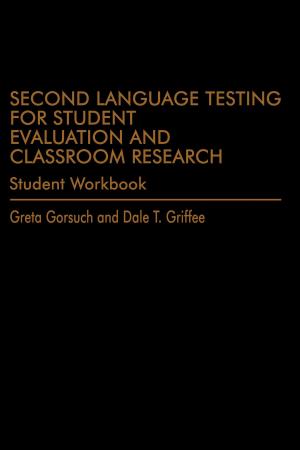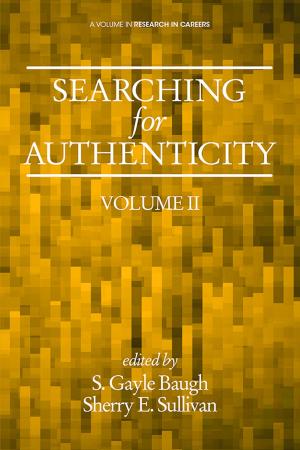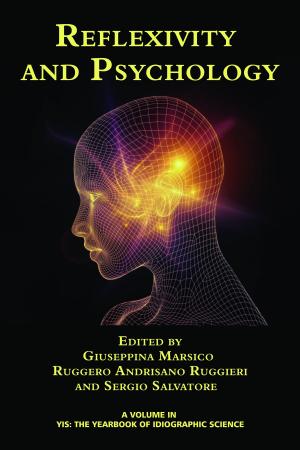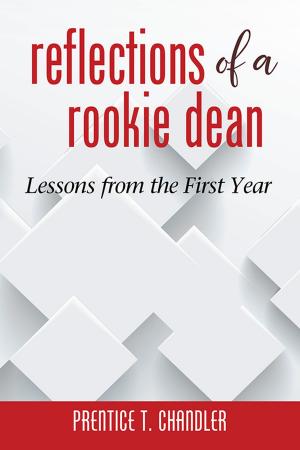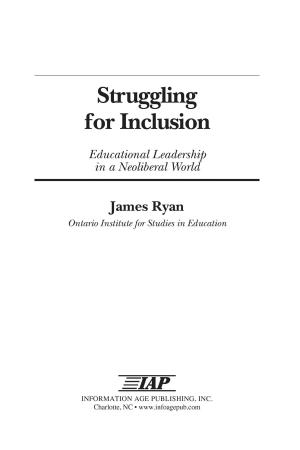Advancing Methodologies to Support Both Summative and Formative Assessments
Nonfiction, Reference & Language, Education & Teaching, Educational Theory, Evaluation, Testing & Measurement| Author: | ISBN: | 9781623965976 | |
| Publisher: | Information Age Publishing | Publication: | March 1, 2014 |
| Imprint: | Information Age Publishing | Language: | English |
| Author: | |
| ISBN: | 9781623965976 |
| Publisher: | Information Age Publishing |
| Publication: | March 1, 2014 |
| Imprint: | Information Age Publishing |
| Language: | English |
Over the past thirty years, student assessment has become an increasingly important component of public education. A variety of methodologies in testing have been developed to obtain and interpret the wealth of assessment outcomes. As assessment goals are getting increasingly multifaceted, new testing methodologies are called for to provide more accessible and reliable information on more complex constructs or processes, such as students' critical thinking and problemsolving skills. Testing methodologies are needed to extract information from assessments on such complicated skills, in order to advise teachers about certain areas of students that need intervention. It is even a bigger challenge, and a vital mission of today’s largescale assessments, to gain such information from testing data in an efficient manner. For example PARCC and Smarter Balanced Assessments consortia are both striving to offer formative assessments through individualized, tailored testing. The book provides stateoftheart coverage on new methodologies to support tradit ional summative assessment, and more importantly, for emerging formative assessments.
Over the past thirty years, student assessment has become an increasingly important component of public education. A variety of methodologies in testing have been developed to obtain and interpret the wealth of assessment outcomes. As assessment goals are getting increasingly multifaceted, new testing methodologies are called for to provide more accessible and reliable information on more complex constructs or processes, such as students' critical thinking and problemsolving skills. Testing methodologies are needed to extract information from assessments on such complicated skills, in order to advise teachers about certain areas of students that need intervention. It is even a bigger challenge, and a vital mission of today’s largescale assessments, to gain such information from testing data in an efficient manner. For example PARCC and Smarter Balanced Assessments consortia are both striving to offer formative assessments through individualized, tailored testing. The book provides stateoftheart coverage on new methodologies to support tradit ional summative assessment, and more importantly, for emerging formative assessments.
